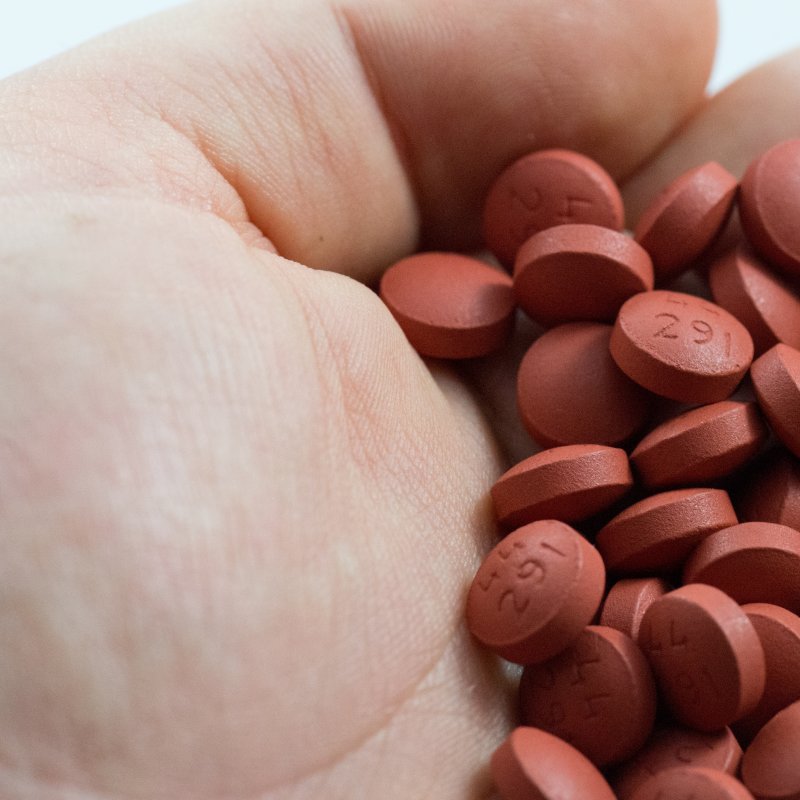Nearly 66 percent of people who took aspirin and other antiplatelet medicines didn't suffer additional brain hemorrhaging. Photo by Derrick Coetzee/Wikimedia Commons
May 22 (UPI) -- An aspirin regimen is safe for people who've suffered a stroke and does not cause additional brain bleeding, a new study says.
Nearly 66 percent of people who took aspirin and other antiplatelet medicines didn't suffer additional brain hemorrhaging, according to research published Wednesday in Lancet.
"The results of RESTART trial are reassuring for survivors of brain hemorrhage who need to take antiplatelet medicines to prevent heart attacks and strokes," Rustam Salman, a researcher at the University of Edinburgh and study author, said in news release. "I am keen to investigate the possibility that these medicines might halve the risk of brain hemorrhage happening again."
The researchers who conducted the RESTART trial analyzed the outcomes of people who took medicine to stop blood clotting that resulted from brain hemorrhaging. Half the patients in the study underwent an additional MRI scan of the brain to check for tiny blood deposits called microbleeds.
In the current study, 268 patients who had suffered brain bleeding were prescribed antiplatelet medication and 269 were not. Only 4 percent of people who took antiplatelet drugs experienced more brain bleeding versus 9 percent who didn't take the medication.
Doctors often prescribe aspirin and other antiplatelets to lower the likelihood of cardiovascular events. However, the use of low-dose aspirin to prevent stroke and heart attack has been discouraged due to the risk of bleeding in the skull.
Still, the researchers insist antiplatelets are effective in helping patients to prevent future heart attacks and strokes. They say patients beginning treatment don't even need to undergo an MRI scan, which can be harmful for older people.
"Although some developments have been made, the options at our disposal for treating and preventing strokes are still far too limited," said Metin Avkiran, associate medical director at the British Heart Foundation and study author. "Around 36,000 people die each year in the UK after having a stroke, most commonly an ischaemic stroke. Every advance from important research such as this takes us a step closer to better stroke prevention and management."















